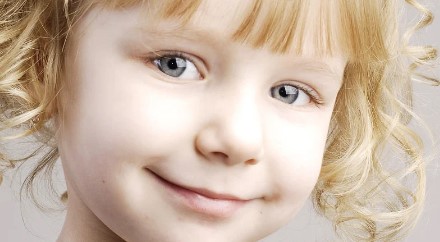Love at first sight, is real
byu/SweetyByHeart inMadeMeSmile
海外の反応
・彼女はとてもかわいい
・面白い動画をシェアしてくれてありがとう
・とても恥ずかしがり屋だ
・彼女の電話番号を聞きなさい
・とてもかわいい
だけど、近くで見てる彼女のパパの表情が微妙だな
きっと「いやいや、まだ早すぎる…うちのはまだ小さな女の子なんだよ」
と思ってるような顔してる
・片思い
・将来の子供に向かって
「これが僕とママが出会ったきっかけだよ!」
・これを投稿してくれて本当によかった
・女の子は彼に興味ないみたい
・彼は女の子全員にこれをする
・まだ赤ちゃん同士です
・彼女の動じない姿がいいね
・このあとどうなったのだろう
・横に並ばせてあげればいいのに
You worry about the relationship between children and friends, such as “My child is shy,” “I don’t think he can get along well with his friends,” and “I got into a fight because I took my friend’s stuff in the sandbox.”
Small children, like adults, have “human relationships.” However, children’s relationships are different from those of adults.
Learning how a child interacts with others at each stage of development will greatly help you understand his behavior and psychology.
Therefore, in this series, I spoke to Sayuri Nishisaka, a professor of the Department of Home Economics at Kyoritsu Women’s University, who is studying “development of children’s relationships.”
In the first session, I was taught how to interact with parents and friends of children between the ages of 0 and 3 and how to watch over their parents at each stage of development.
the first of all three times
“Establishment of attachment relationships” is the key for 0-1 year olds
At the university, Mr. Nishisaka gives lectures on “child-to-human relationships” to kindergarten teachers and students aiming to become nursery teachers. We will talk about development between the ages of 0 and 1 and how to relate to friends as follows.
“It’s still difficult to get involved with friends, but it’s time to build a sense of trust in people, which is the foundation for growing up and getting involved with friends.
In order for children to feel the feelings of ‘I like people’ and ‘It’s fun to be with people,’ it is important to establish a strong attachment relationship with parents and other familiar adults.
Building a deep attachment relationship also has to do with whether your child can be stable when he or she is away from his or her parents.
You don’t have to think too hard about building an attachment relationship. It’s good for parents to be aware of ‘responsive involvement’.
For example, the baby cries and grumbles and gives a sign indicating his needs. Parents should accept the baby’s feelings and sympathize with him, saying, ‘You must be hungry,’ or ‘You can’t sleep because you’re itching.’
In other words, it’s important for babies to experience the feeling that they’ll definitely accept the sign they’ve issued.” (Mr. Nishisaka)
Some parents may wonder, “Are you involved in a responsive way?” However, Nishisaka says, “Most parents do it naturally, so it would be nice if they could continue their current way of interacting with their children.” It is said that it is good to try to have a responsive relationship even after your child grows up.
“Even if your child has been attending a nursery school since he was a child, it’s okay if you take good care of the time you spend with him.
In addition, children who go to daycare centers early in the day can build attachment relationships with daycare centers. I think I’ll be able to stabilize myself at home and in nursery school.” (Mr. Nishisaka)
